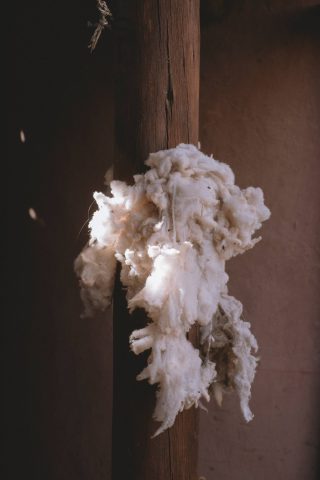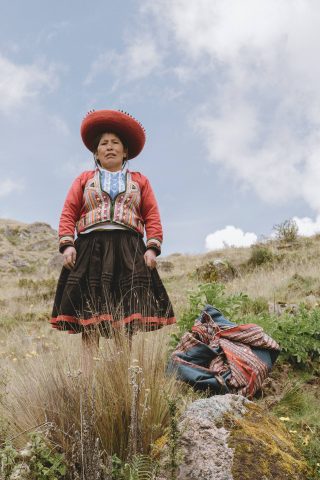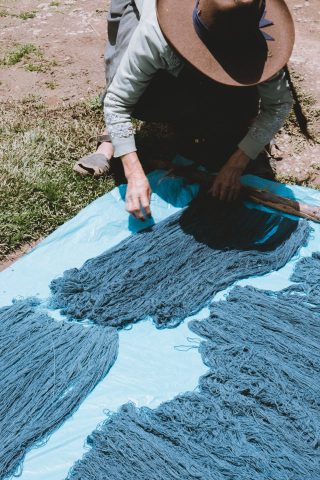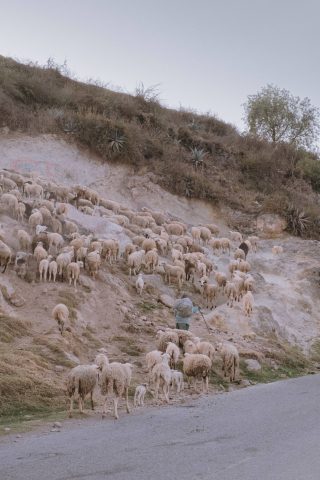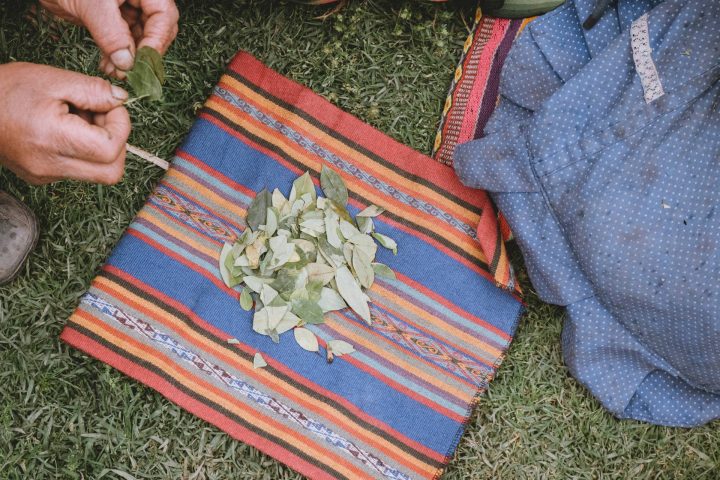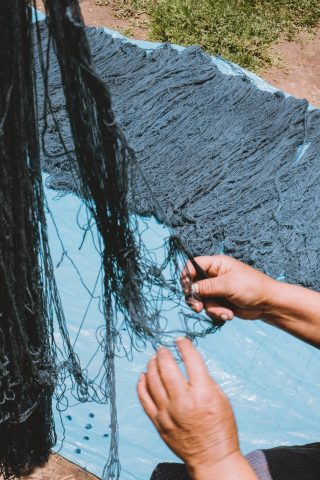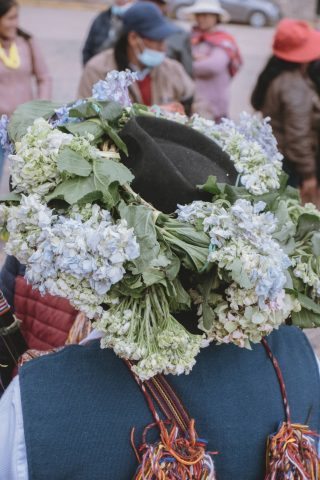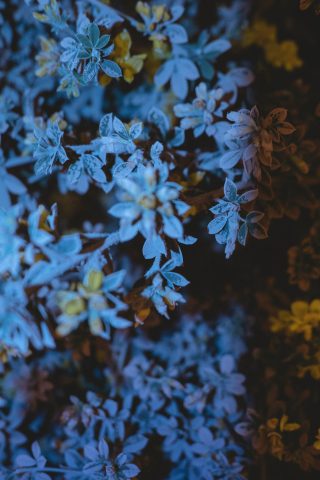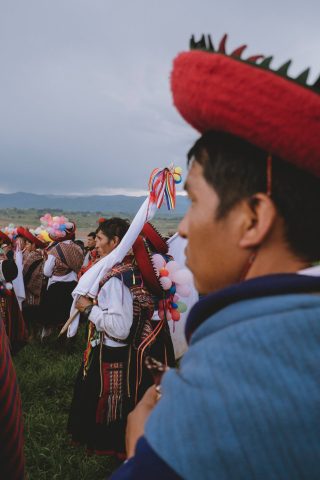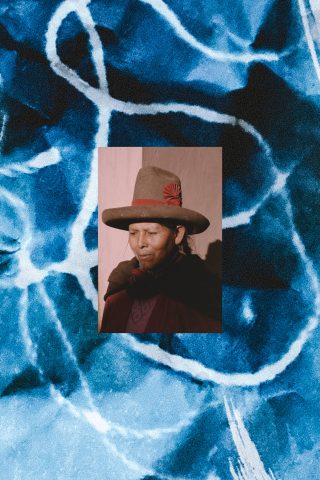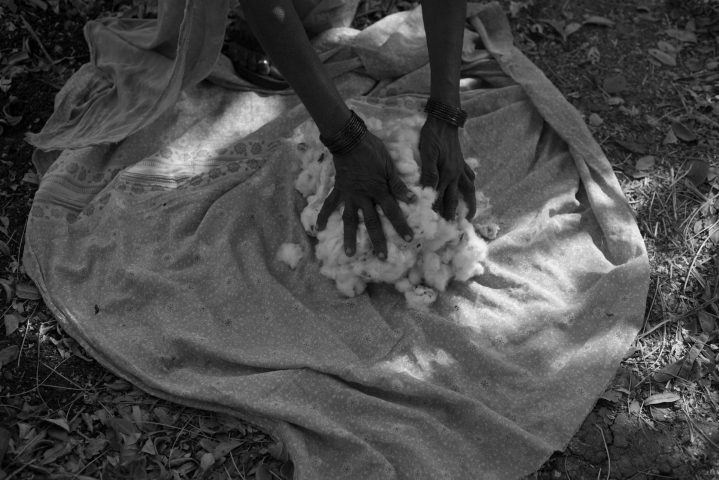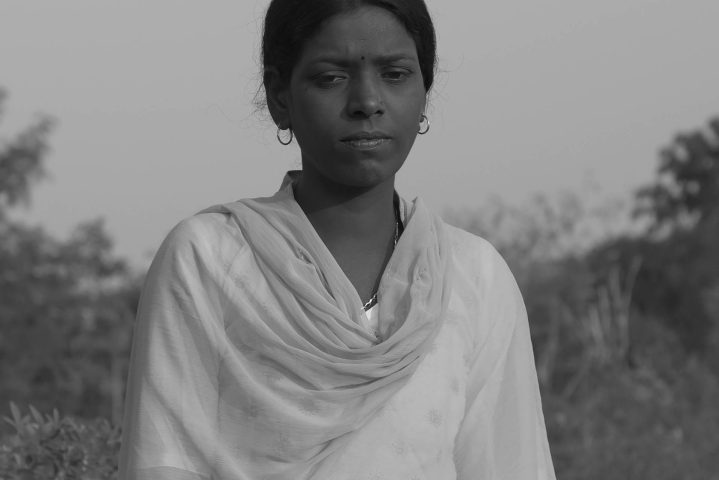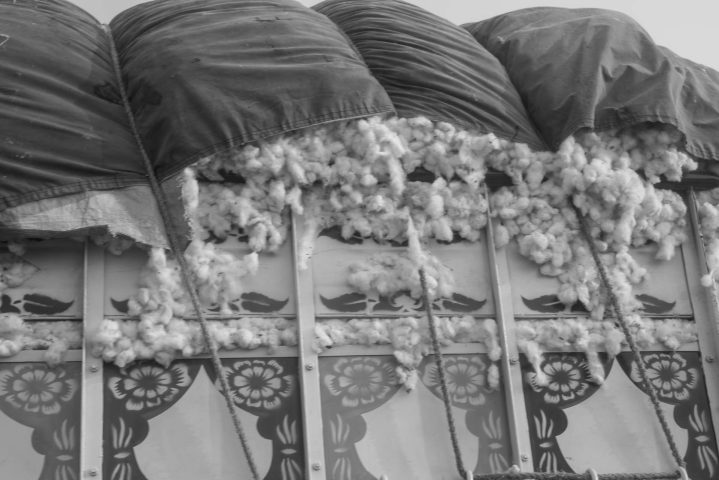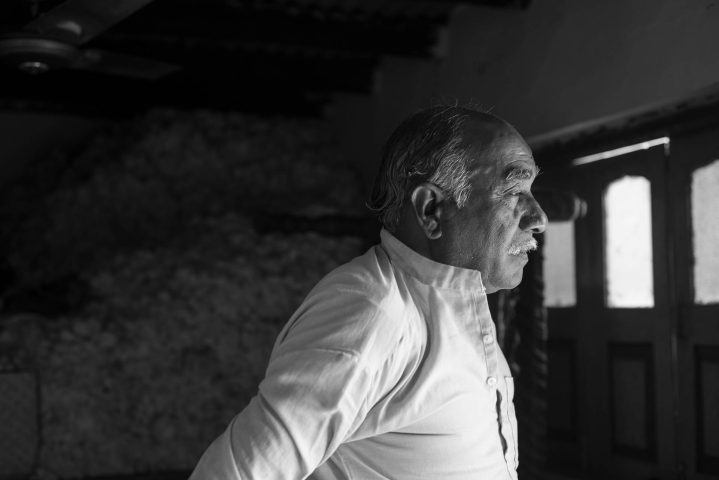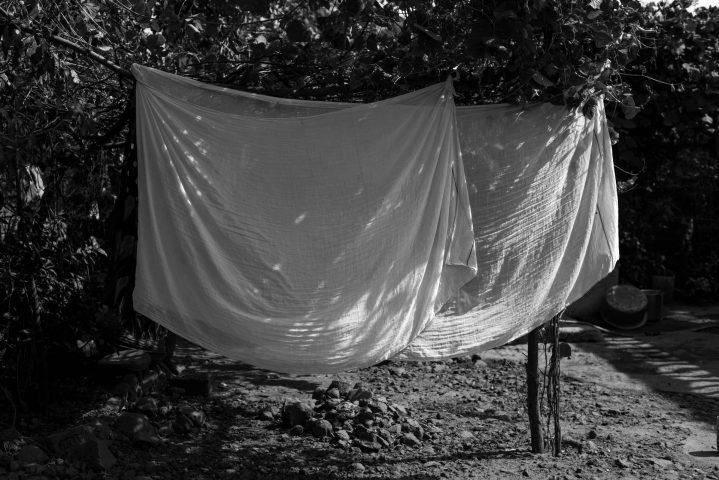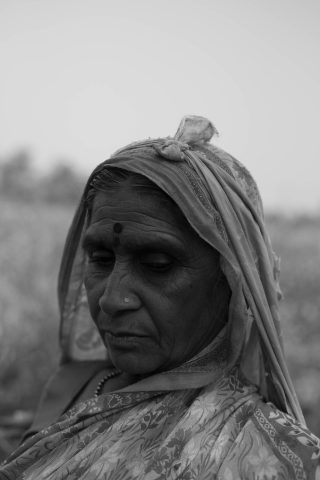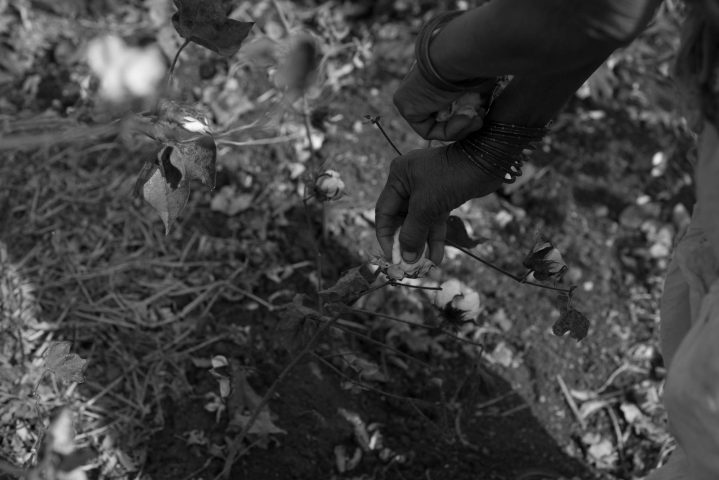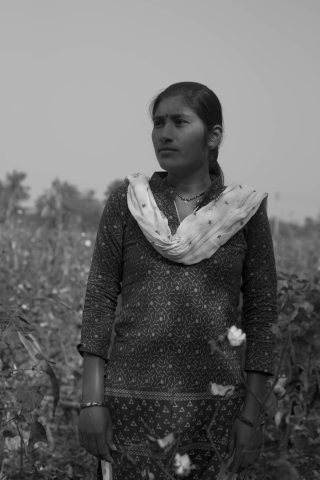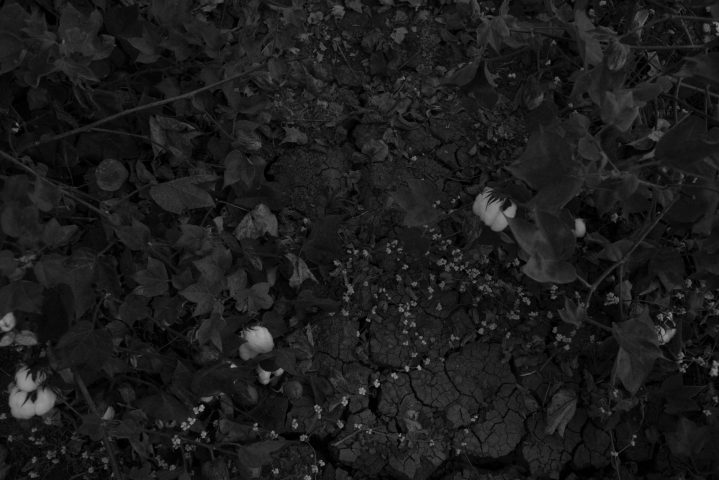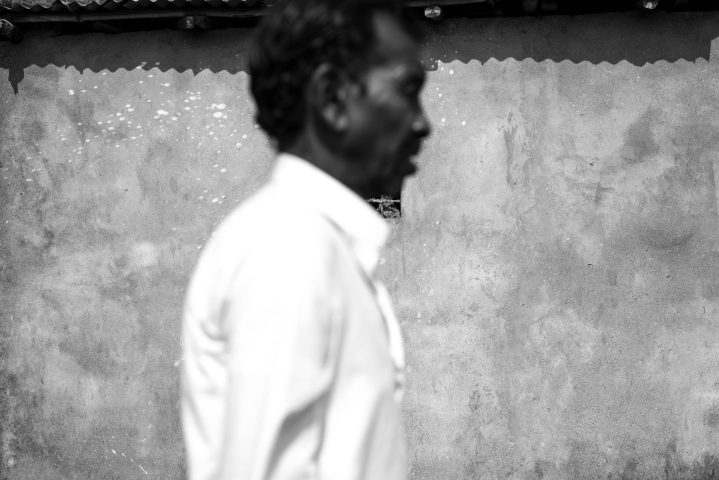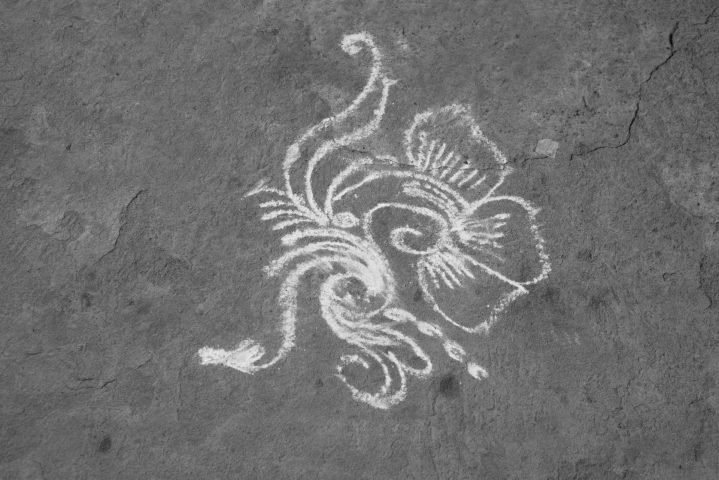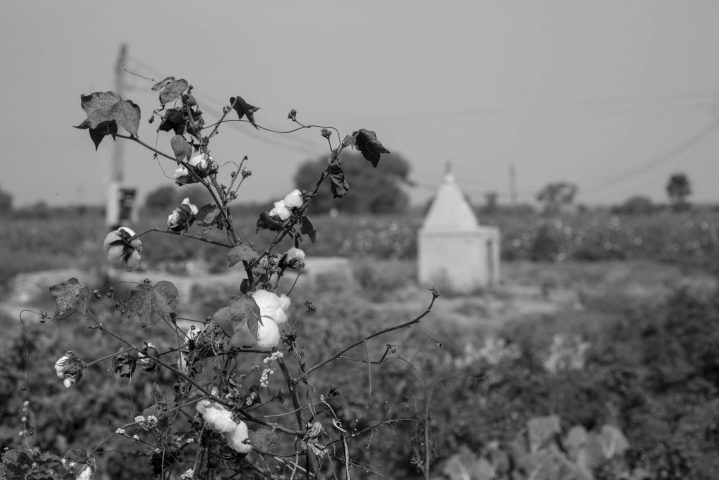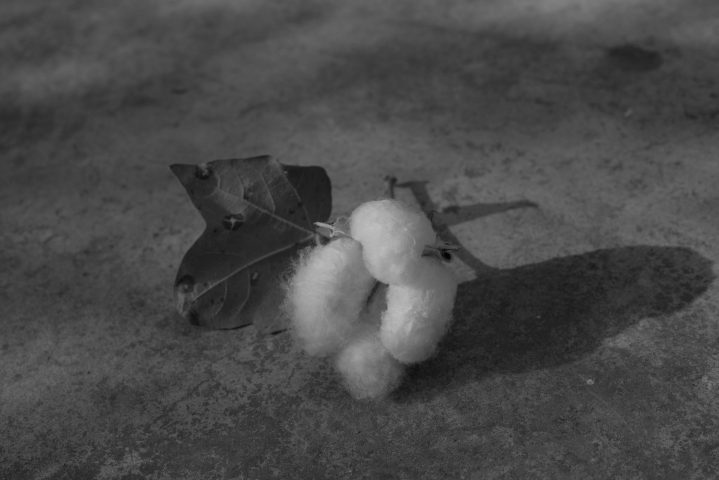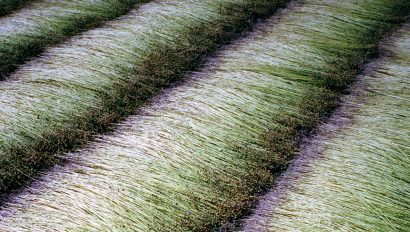Connecting Textiles, Nature, and Culture with Magnum Photos for our 2024 Competition
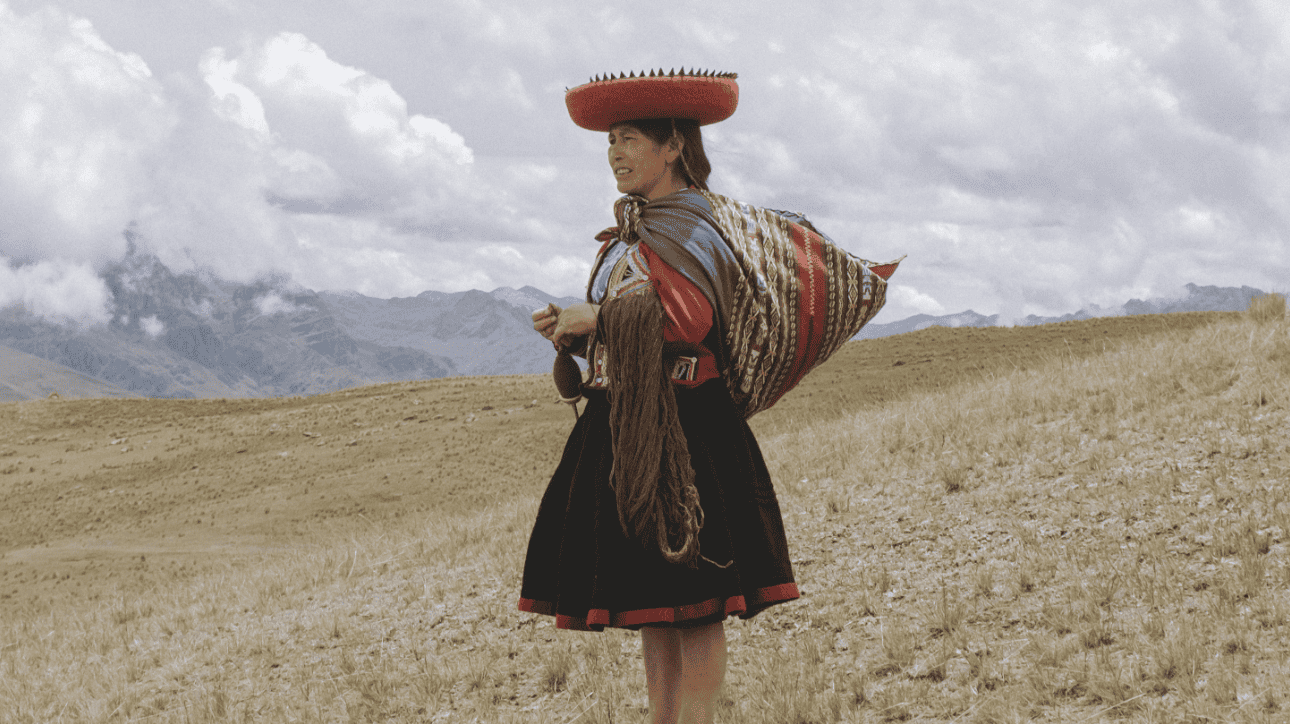
Each year, Textile Exchange and Magnum Photos invite emerging photographers to explore the histories, landscapes, and communities behind fibers and fabrics around the world. The winning entries of the 2024 competition reflect the resilience of communities working to preserve the cultural and natural heritage associated with their traditional textiles.
Textile Exchange’s annual photography competition in collaboration with the world-renowned photography agency Magnum Photos invites emerging photographers to explore the visual stories behind the materials in clothing and textiles. This year, its third edition saw 356 photographers from 64 countries submit over 6,000 photographs exploring how they transform people, places, cultures, and nature.
Chosen by a panel of expert judges, the two winning projects look at the impact of climate change and globalization on traditional practices, both featuring plants that were once used to create textiles and are now extinct or endangered. Overall winner Alejandra Orosco shares the story of the women seeking to bring back natural indigo to the town of Chinchero, Peru, while runner-up Priyadarshini Ravichandran highlights the disappearance of Indigenous desi cotton varieties in the village of Wardha, India.
The two projects document the efforts of communities striving to revive their cultural heritage while adapting to evolving economic and environmental conditions. As both artisans and farmers navigate the pressures of globalization, their journeys reflect a commitment to preserving skills and knowledge.
Together, the photo stories provide a deeper understanding of the intersection between nature and culture that once defined localized textile production systems. They hint at the importance of reviving this connection to ensure a resilient future, and ultimately remind us that clothing and textiles cannot be seen in isolation, simply as products. Recognizing and valuing the geographies, histories, and communities behind textiles is essential for realizing their potential for change.
WINNER
Alejandra Orosco
Based in Cusco, Peru, Alejandra Orosco’s work explores the intersection of identity, colonization, and untold stories. Her photographs transcend language barriers, encouraging viewers to appreciate distant realities while finding common ground with their own.
Orosco co-directs Maleza, an arts center in the Sacred Valley, and has participated in the documentary photography program at the Centro de las Artes de San Agustín (CaSa) in Oaxaca, the SMArt residency by the Foundation for the Sustainable Development of Mountain Regions (FDDM) in Switzerland, and most recently, the photojournalism seminar at the VII Academy. She also received a grant from National Geographic to further develop her work.
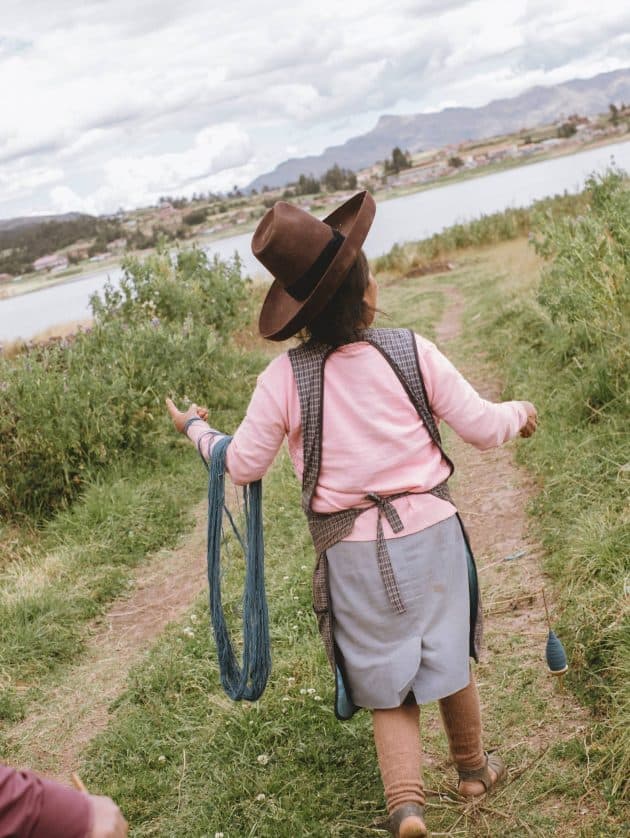
Orosco’s winning project, Sueño en Azul (A Dream in Blue), visually explores the possible impact of climate change and colonization on Andean textile culture through the lens of the indigo blue plant.
Used in the traditional textiles of Chinchero, a pre-Inca town renowned for its rich textile heritage, indigo was present in archaeological finds in Peru dating back six thousand years. However, it has now vanished from the country, and the color once used by pre-Hispanic cultures is imported from the Global North by Indigenous communities seeking to continue their textile tradition.
As tourism transforms the local economy, women in artisan cooperatives must adapt to environmental and economic pressures to satisfy tourists seeking these crafts as souvenirs. They are now on a journey to sustainably revive indigo cultivation, aiming to grow the plant on their land once again. This story accompanies their journey of expectations, dreams, and the anxiety that maintaining a tradition implies, even when it is no longer part of one’s reality.

Explore THE SERIES
Sueño en Azul (A Dream in Blue)
RUNNER UP
Priyadarshini Ravichandran
Born in Tamil Nadu, India, Priyadarshini Ravichandran is a documentary photographer and artist whose work explores the themes that emerge from relationships that root, reveal, or unsettle her. Her storytelling focuses on women, their lives, and the land, guided by poetics and interconnectivity.
An alumna of the South Asia Incubator program at Photo Kathmandu, she has also participated in workshops at the Angkor Photo Festival in Cambodia and the International Center of Photography in New York. She received the Parasol Prize from the V&A Museum, and her work has been exhibited at the Sunaparanta Centre for the Arts in Goa and at Peckham 24 in London.
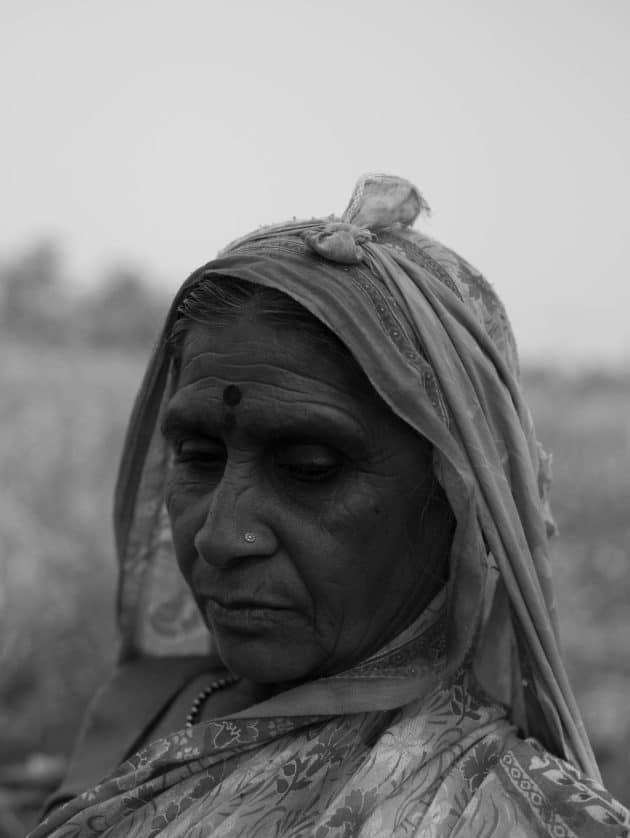
In her photography series “Wardha,” Ravichandran documents the village of the same name in the heart of India, which holds historical significance as Mahatma Gandhi’s adopted home. Here, cotton cultivation was once a political act, symbolizing the struggle for freedom from colonial rule. Gandhi envisioned a decentralized future, promoting hand-spun Indigenous desi cotton to uplift farmers and households while respecting the earth’s resources. However, today Wardha reflects the harsh realities of industrialization and corporate farming, with chemical- intensive cotton monoculture leading to health issues and escalating farmer debt. The decline in the cultivation of indigenous varieties of cotton in favor of genetically modified seeds, and the increasing costs associated with these inputs, have had devastating effects on the farming community. Through her lens, Ravichandran uncovers the remnants of Gandhi’s vision, exploring the enduring connection between the people and their land amid loss and sorrow.
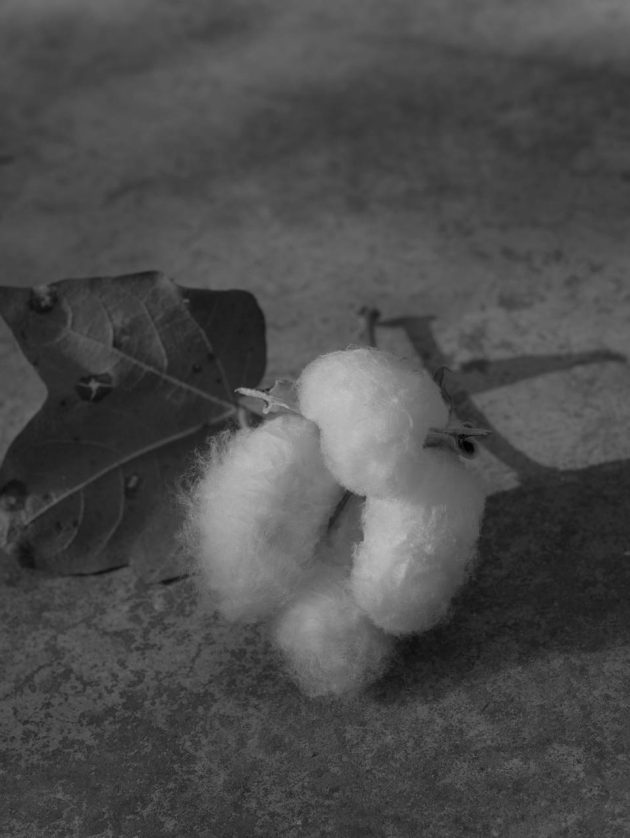
Explore THe series
The Villlage of Wardha
The 2024 competition is now closed. Sign up to our newsletter to stay up to date with our ongoing collaboration with Magnum Photos.
